

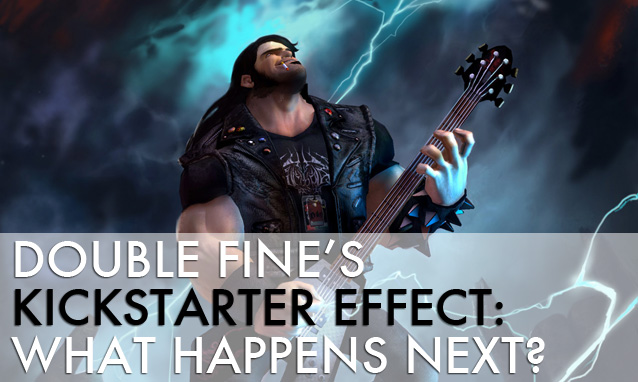
Several months ago, comedian Louis C.K. released an independently funded stand-up special over the internet which quickly surpassed all sales expectations. While some cited this as an example of the power of new media, wags suggested that C.K. was only able to pull it off because he’d built a large fanbase via traditional media like stand-up specials and TV shows on HBO and FX. Far from creating a new model for comedy, Louis C.K. took advantage of a cultural cachet that only he and perhaps a tiny handful of other comedians possess, making his special’s success a rare, if not unique situation.
I see people making similar claims about the remarkable success of Double Fine’s Kickstarter campaign for a new graphical adventure. While I’m delighted to see some love given to an older genre, I’m highly skeptical that this will create meaningful change within the industry, for several reasons:
Only Tim Schafer Could Pull This Off: Very few designers of classic games successfully transitioned from making great games pre-1995 to making great games beyond that, into the 2000s. Even fewer managed to make games which were treated as pinnacles of the medium, especially given the stigma of social/casual games. And I can’t think of any who actually increased their reputations over that time – except for Schafer. He and his company almost universally respected and admired.
Only An Adventure Game Could Be Made For So Little: Okay, yes, we’d all love a million bucks, but in the world of game development, that’s not all that much. You have to have an intentionally limited game form to do that, like a throwback adventure. So if you’re expecting a new Red Baron or Wing Commander, that’s not going to happen. Adventures, alongside puzzlers and RPGs, are one of the few genres that can be so technically limited but still excellent.
The Game Might Fail (Artistically): Look, if this is another Secret Of Monkey Island, we’ll all be delighted. But there are a lot of reasons adventure games went out of style, and a significant part of that is that they’re difficult to do right. We remember those classics like Grim Fandango, sure, but how many people other than super-fans can separate Space Quest III from Space Quest V? Recent attempts at resurrecting the genre haven’t met with much success or acclaim, either, and the hype for this game is going to be massive.
The Game Might Fail (Commercially): At a certain level, just getting made for whatever the Kickstarter ends up at would be a success, yes. But two factors could render it a disappointment. If the game is expected to sell beyond the Kickstarter pre-orders, well, adventures aren’t exactly known for tearing up the sales charts, which is one of the other reasons that the genre collapsed. It wouldn’t be a surprise for it to be lost to history, another niche adventure for fans, and few others, to remember.
The worst-case scenario is if the game (and associated documentary) doesn’t get made before the Kickstarter funds dry up. Nobody ends up happy in that case.
It Might Hurt Double Fine: As the Kickstarter success proves, Double Fine and Tim Schafer have a remarkably good reputation. Their transition from weird, niche would-be blockbusters like Psychonauts and Brutal Legend into smaller-scale charmers like Costume Quest and Stacking is one of the most interesting in the game industry. So the opportunity cost – the things that don’t get done while Schafer, Ron Gilbert, and whatever other developers are making this adventure – could be worrisome.
On the other hand, there is one little-discussed aspect to the campaign that does intrigue me:
A Wealthy Patron: Some have mentioned the Kickstarter campaign as an example of the usefulness of patronage. I don’t expect that to work well on a continuous, crowd-sourced level. However, the idea that a patron – a wealthy person who dearly loves adventures or whichever niche genre – could fund independent versions of their favorite styles of game for public release? In a world where Phil Knight almost single-handedly turns the University of Oregon football team into a national power, or Sheldon Adelson bankrolls the presidential campaign of Newt Gingrich against all odds, why would there not be an affluent gamer or three out there, frustrated by the lack of new favorites?
It will certainly be fascinating to watch what happens with the Kickstarter campaign and the game to follow. But why whatever happens does happen may be the most compelling part of this story.

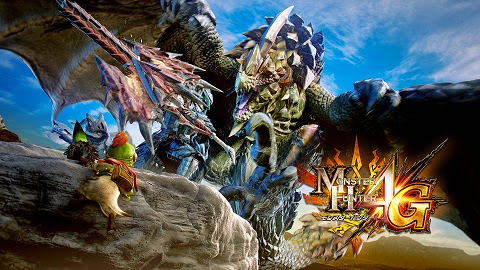

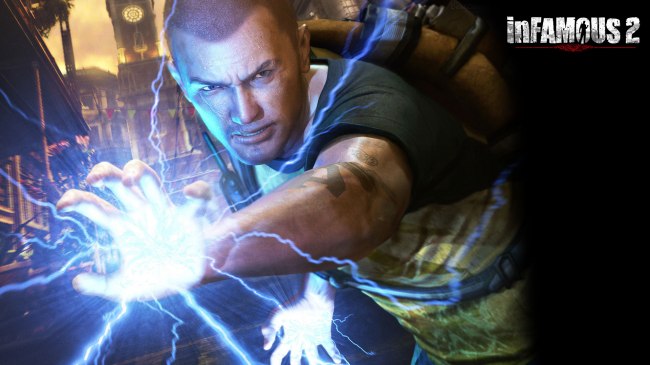
 Dead Space 2 Guide
Dead Space 2 Guide Why The Term Girl Gamer Still Isn’t Helping
Why The Term Girl Gamer Still Isn’t Helping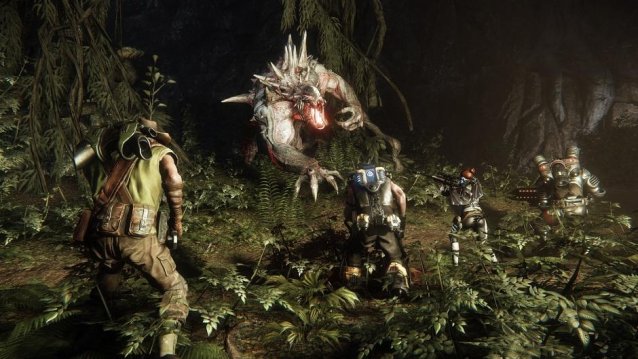 Evolve: Four Things Turtle Rock Could Do To Improve The Game
Evolve: Four Things Turtle Rock Could Do To Improve The Game How to use Cloud Online Storage on the PlayStation 3
How to use Cloud Online Storage on the PlayStation 3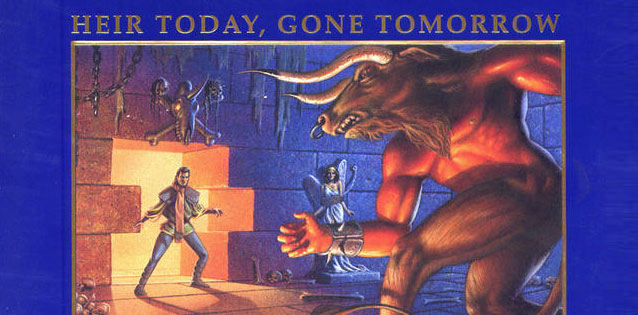 10 Best Adventure Games That Were Instant Classics
10 Best Adventure Games That Were Instant Classics